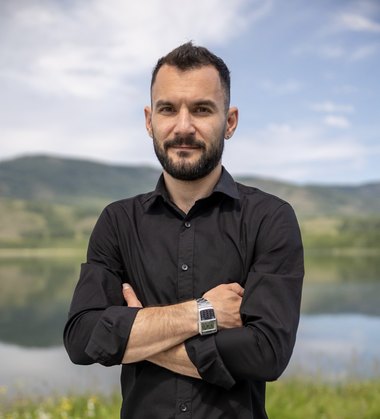Popular Lectures in March

The Popular Lectures series from Popular Mechanics magazine will be held at DI Telegraph on March 13, 20 and 26, with each lecture starting at 7:30 p.m. DI Telegraph is located at Tverskaya Blvd. 7, with the entrance from Gazetny Pereulok, next door to the Kruzhka Café. Admission is 350 rubles and tickets will go on sale just before each lecture.
On March 13, psychologist Ignati Zhuravlyov will explain the connection between the human psyche and illness. Are stomach ulcers, hypertension, cancer and asthma psychosomatic disorders or genetically based? How is the choice of a target organ made? What is the interconnection between the psyche and the nervous, immune and endocrine systems? What determines a predisposition to psychosomatic illnesses and can they be treated by psychological or psychotherapeutic methods? How “objective" are bodily sensations? How do cultural stereotypes influence changes in symptoms of psychosomatic illnesses? How does the “myth of disease" influence bodily sensations and the healing process?
On March 20, biologist Alexander Markov will attempt to answer the question of why humans have such large brains. At what point in our ancient ancestor’s history did the human brain begin growing in size? How did that process unfold? Which evolutionary mechanisms were at work and which factors influenced this process? Could our ability to love parents and spouses have developed as a “side-effect" of the brain’s increase in size over the course of evolution? Why did our ancestors of 200,000 years ago already have practically the same brains as we have now? Why would Paleolithic hunter-gatherers have needed a brain that, as it now turns out, had the potential to compose symphonies and build spacecraft?
On March 26, physicist Dmitry Gorbunov will present a lecture titled “Neutrinos in a Nutshell." How were neutrinos discovered and how can scientists investigate their properties? Do neutrinos have mass? What role has the neutrino played in the development of the universe and how might neutrinos be linked to so-called “dark matter"? What is the purpose of underground, underwater and below-ice neutrino observatories? What happens to neutrinos generated by the sun and to anti-neutrinos created in nuclear reactors?
Learn more details at popmech.ru.


